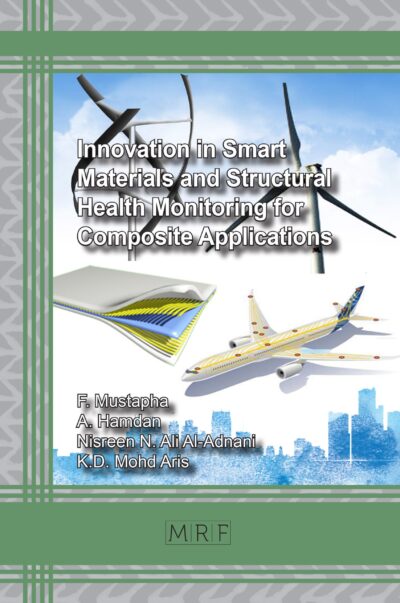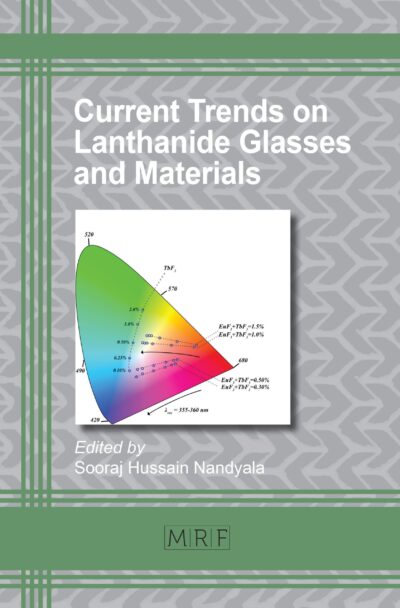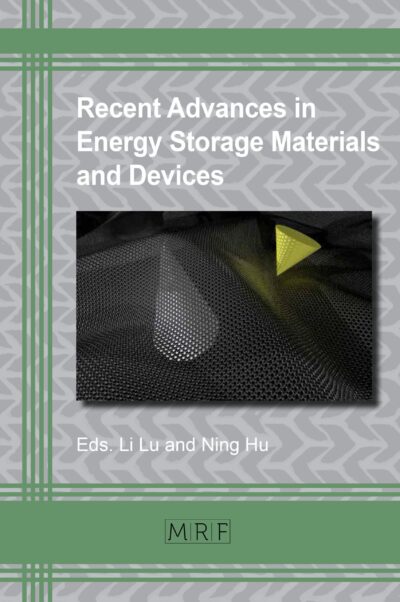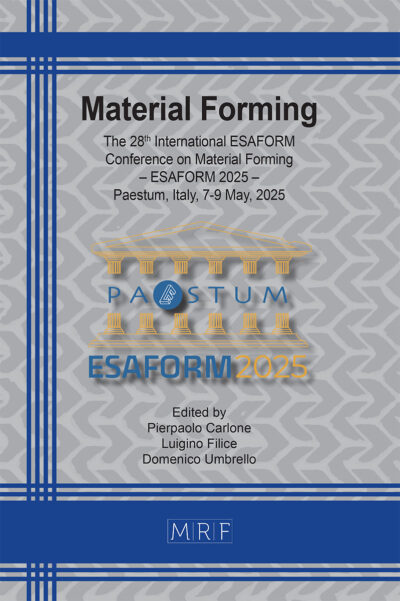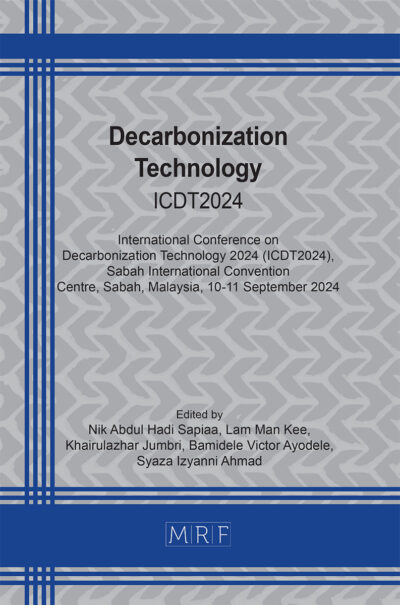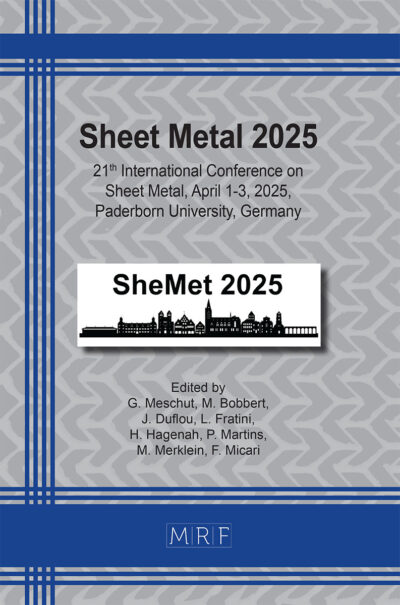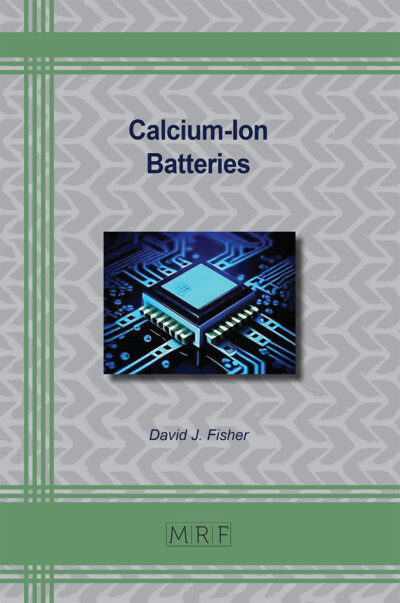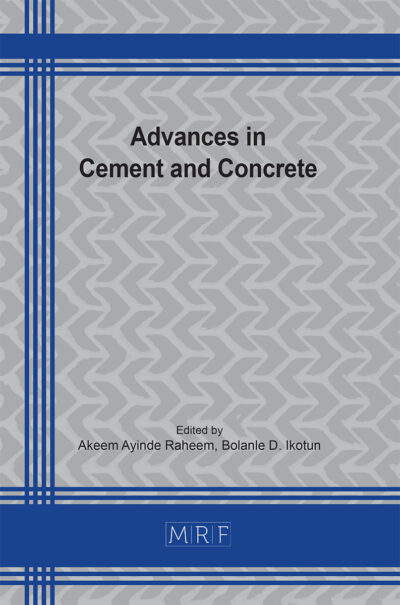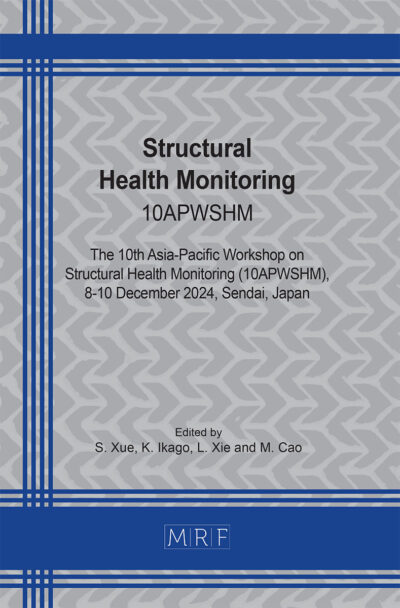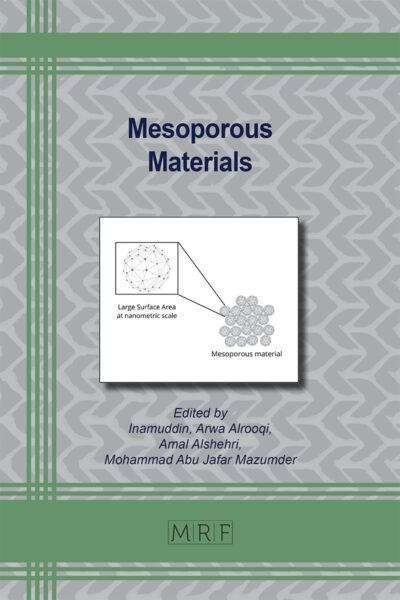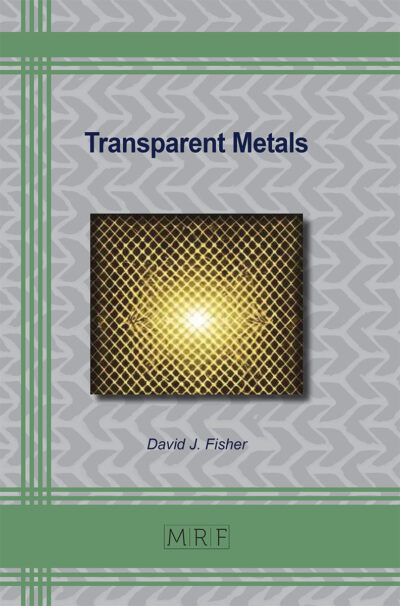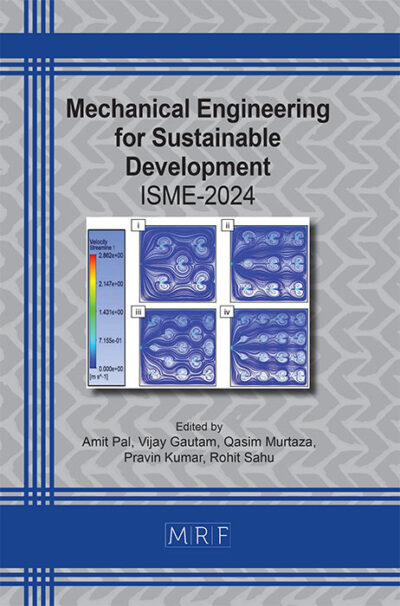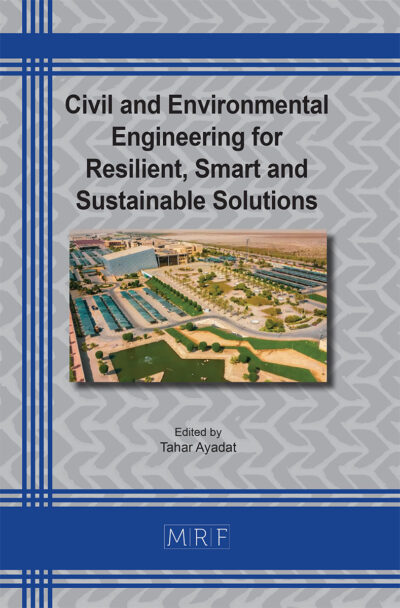Cork Science and its Applications II
Eds. Patricia Jové Martín and Maria Verdum Virgos
Materials Research Proceedings Volume 14
Publication Date 2019, 56 Pages
Print ISBN 978-1-64490-040-6 (release date October 20th, 2019)
ePDF ISBN 978-1-64490-041-3
DOI: 10.21741/9781644900413
Natural cork materials have many interesting applications. The present book places emphasis on such topics as cork quality, crashworthiness of agglomerated cork, architectural applications, cork stoppers, production of hollow cork pieces, 3D print technology filaments based on cork waste, effects of extremely low and high temperatures, and the adaptation of cork oak forests to climate change.
Keywords
Cork Oak, Agglomerated Cork, Architectural Applications of Cork, Natural Cork Stoppers, Hollow Pieces of Cork, Rotational Moulding of Cork, 3D Print Technology based on Cork Waste, 3D Print Technology based on Natural Biological Sources, Crashworthiness of Agglomerated Cork, Low and High Temperature Effects on Cork
Table of Contents
Stem Diameter and Height as Traits Linked to Cork Quality (Thickness and Porosity) in Cork Oak (Quercus suber L.)
AUGUSTA COSTA, INÊS BARBOSA
New Forest Management Techniques to Improve the Adaptation of Cork Oak Forests to Climate Change
Josep M. Tusell, Roser Mundet, Mario Beltrán, Miriam Pique, Teresa Baiges, Antoni Torrell
Cork: New uses in Architecture
C. Verissimo
Behavior of Natural Cork Stoppers when Modifying Standard Corking Parameters: Three Practical Cases
C. Prades López, M. Sánchez-González
Production of Cork Hollow Pieces by an Innovate Process Based on Rotational Moulding
Miguel Pestana, Manuela Mendes, Luís Miranda, António Corei Diogo
A New 3D Print Technology Filament 100% Based in Natural Biological Sources and Cork Waste
Flávia A. VIEIRA, Sara P. M DA SILVA, José M. DE OLIVEIRA
Crashworthiness of Agglomerated Cork Under the Influence of Extremely Low and High Temperatures
Johannes Wilhelm, Pawel Kaczynski, Mariusz Ptak, Fabio A.O. Fernandes, Ricardo J. Alves de Sousa


